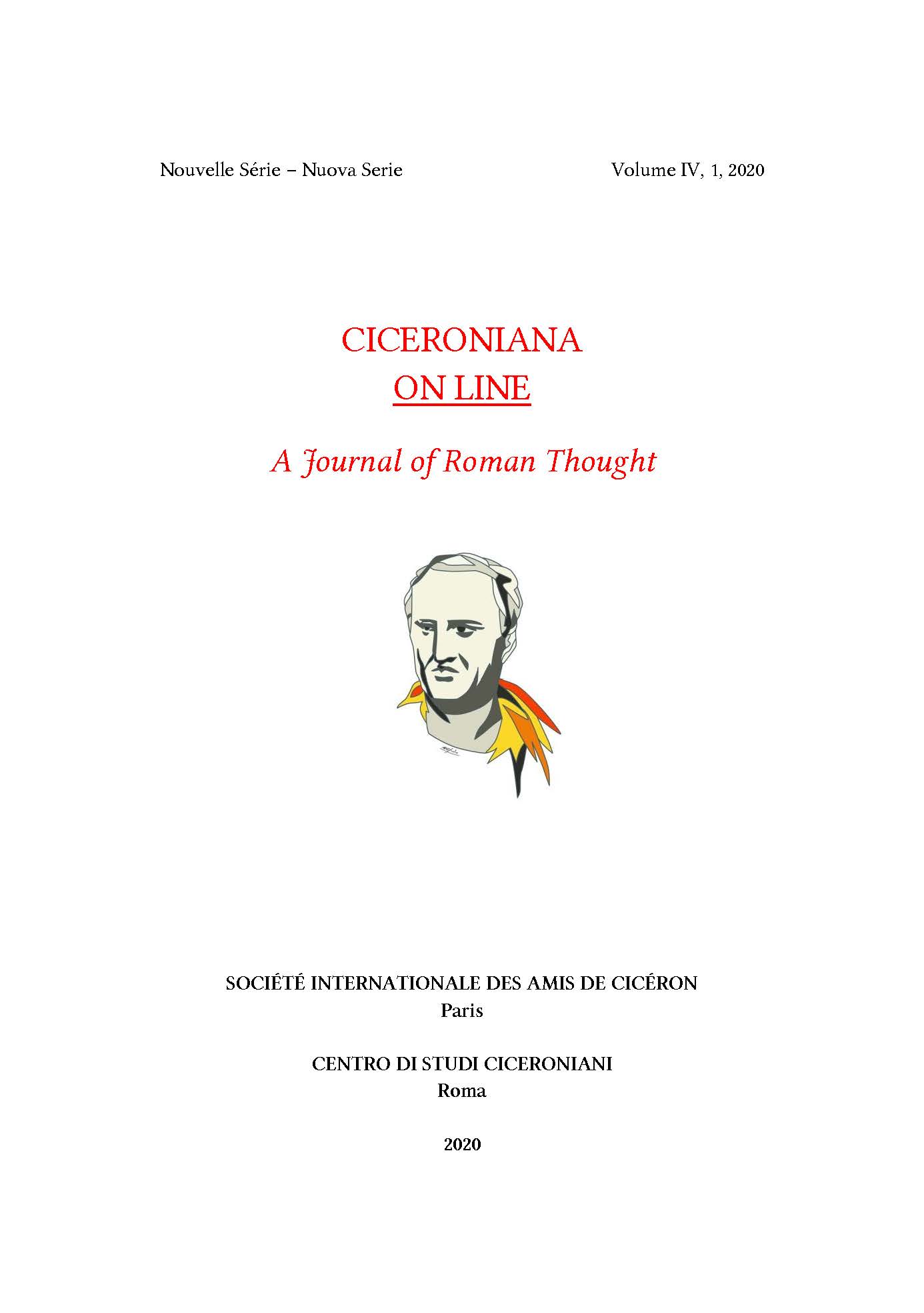Esuli e dissidenti: Cicerone come modello del principe A.M. Kurbskij - Exiles and Dissidents: Cicero as Paradigm for the Prince A. M. Kurbskij
DOI:
https://doi.org/10.13135/2532-5353/4672Abstract
In April 1564 the Prince Andrej Michajlovič Kurbskij, one of the Tsar’s generals engaged in the Livonian war (1558-1583), defected to Lithuania and entered the service of King Sigismund II. Immediately afterwards there ensued a polemical correspondence between him and Ivan the Terrible, in which the deserter tried to defend his behavior, claiming to be a victim in exile rather than a traitor to his country. Within the exchange of accusations and offenses, an important part is played without any doubt by Ciceronian textual material: Kurbskij inserted the Slavonic translation of Paradoxa Stoicorum II and IV into his third and last letter to the Tsar. In this way he strove to assert his cultural superiority
over his less educated rival and at the same time to show that he was suffering from the same tragic destiny as his literary and philosophica-lrhetorical model. The present paper deals with some historical and cultural aspects of Cicero’s reception in the sixteenth century, with particular attention to the currently less known Paradoxa Stoicorum and its major influence on Renaissance epistolography.
Downloads
Downloads
Published
How to Cite
Issue
Section
License
Authors who publish with this journal agree to the following terms:
- Authors retain copyright and grant the journal right of first publication with the work simultaneously licensed under a Creative Commons Attribution License that allows others to share the work with an acknowledgement of the work's authorship and initial publication in this journal.
- Authors are able to enter into separate, additional contractual arrangements for the non-exclusive distribution of the journal's published version of the work (e.g., post it to an institutional repository or publish it in a book), with an acknowledgement of its initial publication in this journal.


 Ciceroniana On Line is recognised by ANVUR (the National Agency for the Evaluation of the University System and Research) as a CLASS A journal for the Sciences of Antiquity, Philology, Literature and History of Art (
Ciceroniana On Line is recognised by ANVUR (the National Agency for the Evaluation of the University System and Research) as a CLASS A journal for the Sciences of Antiquity, Philology, Literature and History of Art ( The journal is included in DOAJ. The DOAJ listing of the journals is available at
The journal is included in DOAJ. The DOAJ listing of the journals is available at  The journal is indexed in
The journal is indexed in  The journal has been included in ERIH PLUS. The ERIH PLUS listing of the journals is available at
The journal has been included in ERIH PLUS. The ERIH PLUS listing of the journals is available at 

